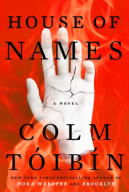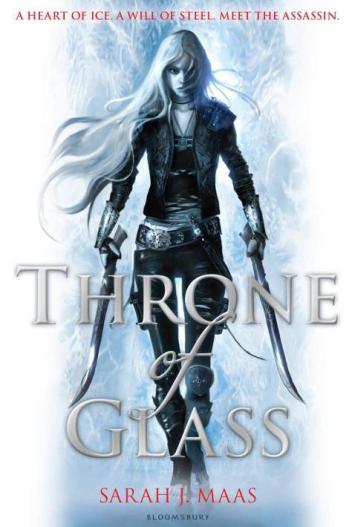Hello! Did you know that I recently became a member of the Denton Writers’ Critique Group? I was fortunate enough to stumble across the group’s website in late January, and I attended my first meeting that very same night. My writing craft has never been stronger or more fully supported than now, and I graciously want to thank all of my fellow writers for creating such a fun, inviting, and thoughtful space where we all get to share our prose while giving and receiving excellent feedback. Please swing by our website to catch up and learn the latest!

In writing, it can be very tricky to create authentic dialogue. The witty quips, poignant colloquialisms, and natural ebb and flow of a conversation between two people usually feel anything but natural when we first start writing them. Why is it so difficult for many of us to make our characters sound like feeling and thinking individuals? Let’s explore some reasons as to why we might struggle.
For each of these aforementioned roadblocks, there is a solution!

By creating this chart, you’ll have a clearer picture of the topics you really care about — and those you should be inserting into your own stories. Do you want to hit on justice and family ties? Then add them to the center of your thematic bubble chart. Care a great deal about God? Then create a list of the things in your own life that connect you to your higher power.
5. Make every single sentence your characters say meaningful! Just by reading their lines, we should be able to understand whether they’re compassionate or ruthless, trustworthy or deceptive, self-aware or blind to their own pitfalls.
Case Study: HeatHeat is perhaps Michael Mann’s greatest film to date. Released in 1995, Heat has been the subject of dozens of critical reviews and film studies, and for good reason. It’s a brooding, electric, and relentless crime noir thriller. As you might expect, it’s also replete with memorable lines and performances, especially by Robert De Niro and Al Pacino. Here is a brief excerpt from one of the most talked-about scenes in the entire film:
Vincent Hanna: What are you, a monk?
Neil McCauley: I have a woman.
Vincent Hanna: What do you tell her?
Neil McCauley: I tell her I’m a salesman.
Vincent Hanna: So then, if you spot me coming around that corner… you just gonna walk out on this woman? Not say goodbye?
Neil McCauley: That’s the discipline.
Vincent Hanna: That’s pretty vacant, you know.
Neil McCauley: Yeah, it is what it is. It’s that or we both better go do something else, pal.
Vincent Hanna: I don’t know how to do anything else.
Neil McCauley: Neither do I.
Vincent Hanna: I don’t much want to either.
Neil McCauley: Neither do I.
This brilliant exchange between Neil McCauley and Vincent Hanna is gripping because it feels real. These are two men on opposite sides of the law, setting aside their differences for one night to have a straightforward exchange in a diner. Every single sentence they utter also reflects who they are. Vincent, though overly dedicated to the police force, still somewhat believes in intimacy and settling down with the right woman. Neil, on the other hand, is ready to cut all ties at the drop of a hat. That’s his credo as a master thief, and the only one he swears to live by until the day he dies.
Thanks for reading! How do you create dialogue so that it feels real and compelling to you? Do you have any tricks you use? Comment below and let me know!Rate this:Share this:





